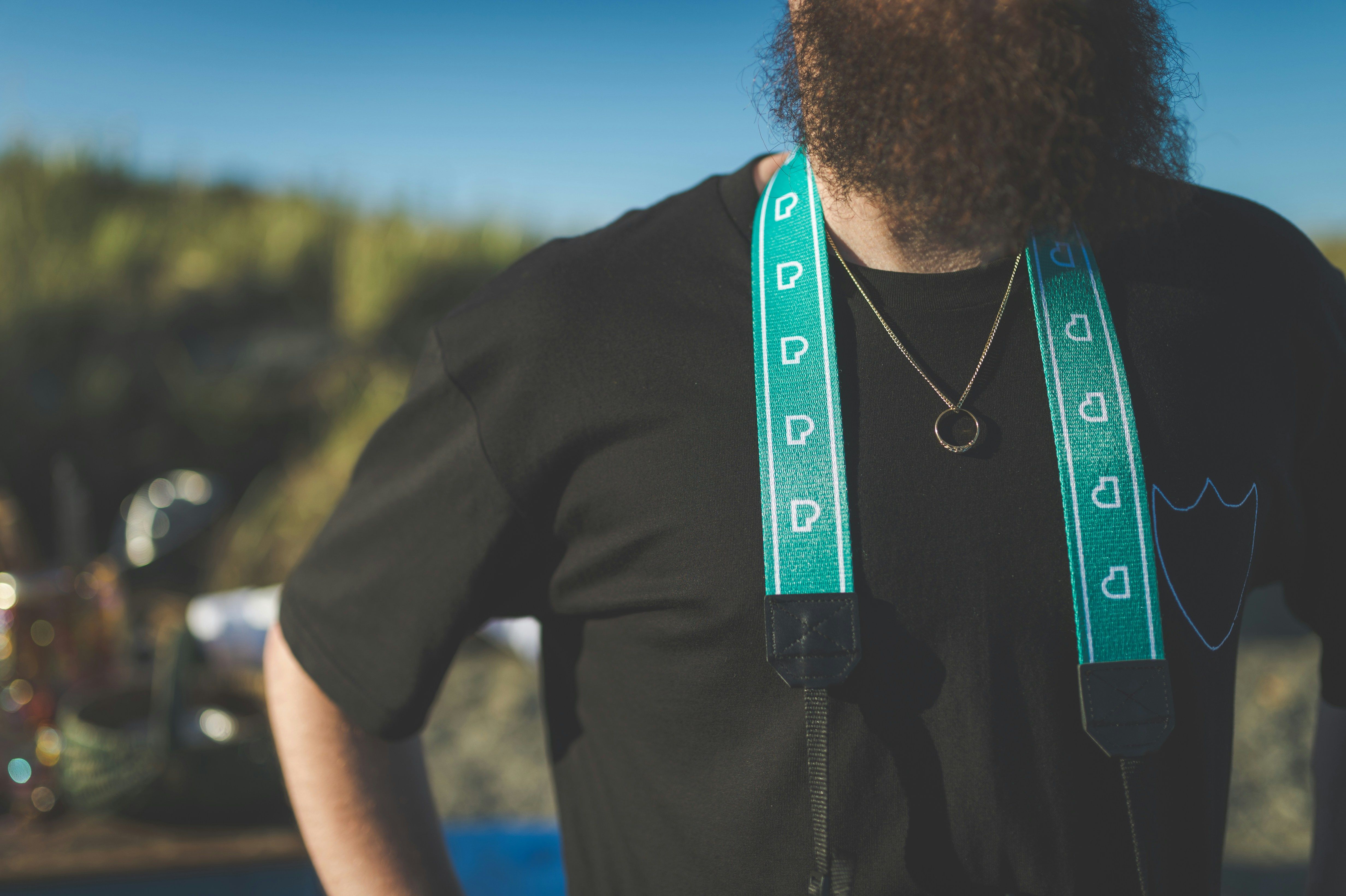Home-based care for at-risk expectant mothers provided by MAC for a year now.
Homebound and surrounded by peace, Bruna Rodrigues now resides within the embrace of her family, all thanks to the pioneering Maternity Alfredo da Costa (MAC) hospital-at-home project. This innovative scheme, a first in Portugal, was conceived by Dr. Inês Antunes, a loyal MAC obstetrician.
As a high-risk pregnancy patient, Bruna had been enduring excruciating lower back and pelvic pains, which prompted her to seek solace within the walls of the MAC Maternal-Fetal Medicine Unit for ten formidable days. Today, having stabilized, Bruna is under the watchful gaze of MAC's multidisciplinary hospital-at-home team. The team consists of two obstetricians – Dr. Fátima Palma and Dr. Inês Antunes – as well as specialist nurses, Catarina Teixeira and Patrícia Coelho.
Once 29 weeks pregnant, Bruna has been a homebound resident since April 17. "Being at home rather than a hospital is infinitely better," she asserted. Bruna, a first-time mother, possesses the reassuring comfort of familiarity, knowing she can lean on the support of her family and the specialists alike at any given moment. Despite her pains subsiding and a newfound serenity, Bruna continues to exercise vigilance, meticulously monitoring her blood pressure and cardiotocography (CTG) results, which she shares with the team during daily video consultations.
Each week, these video chats are bolstered by a face-to-face consultation with the team, held every Wednesday. Prior to landing in her home, Bruna underwent rigorous training to ensure she could adeptly monitor her condition and administer necessary injections with appropriate care. The MAC hospital-at-home team equips her with necessary tools and an accompanying person for support.
In addition to consultations, the MAC hospital-at-home team stands ready to answer any questions or respond to emergencies. Bruna is armed with a contact number to reach out to the team as required. The idea for this groundbreaking project was originally pitched by Inês Antunes, who noted an abundance of prolonged hospital stays in similar cases that could have been managed at home.
Inspired by international trends, Inês set about implementing this project, encountering hurdles primarily in the area of human resources. "The resources we needed either didn't exist, or weren't equipped to handle this work, as we all continued our regular clinical responsibilities while embarking on this additional endeavor," Inês explained. She also cited challenges in acquiring suitable technology for remote monitoring, noting the need for substantial investment.
MAC's hospital-at-home project launched a year ago, focusing on pregnant women with a history of prolonged hospital stays at the maternity ward, and a gestation period between 24 and 32 weeks, with a risk of premature labor. "These are women who typically stayed for weeks and weeks at the hospital," said Inês.
According to Fátima Palma, the lead coordinator of the project, the threat of premature labor makes up a substantial portion (a third) of the hospitalizations in the service, leading to the creation of a premature labor risk consultation, resulting in reductions in hospitalizations.
Pregnant women who are stable but still at risk for premature labor can choose to be hospitalized at home, provided they enjoy favorable social conditions and reside within 30 minutes of the maternity ward, a critical requirement stipulated to facilitate a prompt response in case of complications. This criterion, stressed nurse Catarina Teixeira, guarantees a swift reaction to emergencies, ensuring a positive pregnancy outcome.
Despite events taking place beyond our borders, MAC's hospital-at-home program reaps satisfaction from its users, with Fátima Palma pointing out that a month-long hospital stay, bereft of the warmth of family, with the risk of a premature birth looming, negatively impacts the quality of life of pregnant women. The project's emotional and clinical benefits, in addition to freeing up beds in the maternity ward, are further driving its expansion, requiring more equipment and bolstering the team as it continues to offer hope and deliver an essential service to pregnant women in Portugal.
[News updated at 3:01 PM]
Also Read: Maternidade Alfredo da Costa Urgently Requests Fuel for Generators
What about Bruna's home situation now? She is under the care of a multidisciplinary hospital-at-home team, comprising of obstetricians such as Dr. Fátima Palma and Dr. Inês Antunes, as well as specialist nurses Catarina Teixeira and Patrícia Coelho. Bruna, a high-risk pregnancy patient, has been living at home since mid-April, and continues to exercise vigilance, monitoring her blood pressure and cardiotocography results, and sharing those with the team during daily video consultations. This innovative scheme, initially pitched by Dr. Inês Antunes, aims to provide a better quality of life for pregnant women at high-risk of premature labor, while also freeing up beds in the maternity ward.




